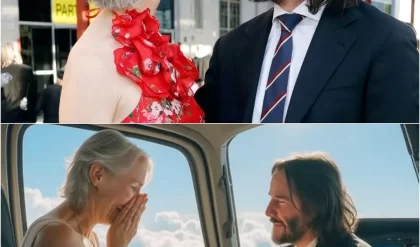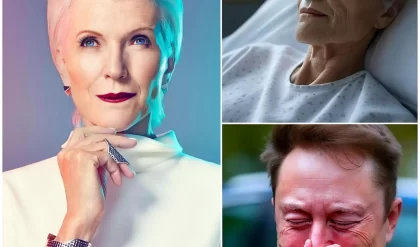In 2021, Warner Bros. announced a bold new vision for the Man of Steel: a Black-led Superman movie penned by acclaimed author Ta-Nehisi Coates and produced by J.J. Abrams. The project promised to reimagine the iconic superhero in a fresh, culturally resonant way, set against the backdrop of the American civil rights era. Fans buzzed with anticipation, speculating about how this groundbreaking take would reshape Superman’s legacy. Fast forward to 2022, and the dream was abruptly halted. According to a revealing report from The Wall Street Journal, Warner Bros. Discovery CEO David Zaslav personally shelved the project, deeming it “too woke.” The decision sent shockwaves through Hollywood and sparked heated debates about creative control, cultural representation, and the future of superhero storytelling. But what really happened behind closed doors, and could this film still see the light of day?
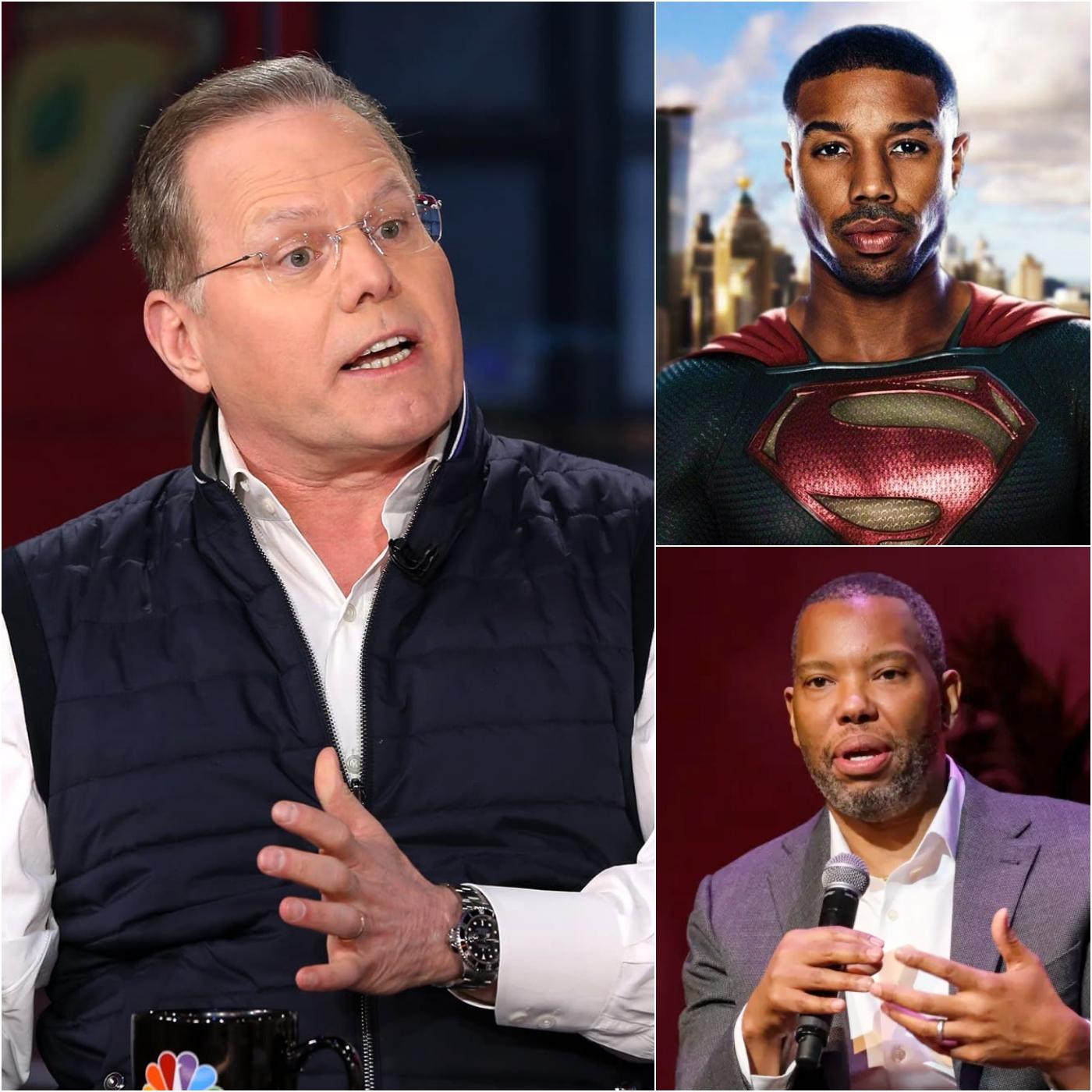
The Black Superman movie was envisioned as a period piece, distinct from the mainline DC Universe (DCU). Ta-Nehisi Coates, known for his profound work on Black Panther comics and his incisive essays on race and identity, was tasked with crafting a script that would place Superman in the turbulent 1960s, a time of profound social upheaval. In a 2021 interview with Polygon, Coates expressed his excitement, saying, “My greatest hope is that people can have an experience of their own with the art and allow my Superman to have his chance.” His vision was to add a meaningful layer to “America’s most iconic mythic hero,” weaving a narrative that explored Superman’s role as a beacon of hope in a divided nation.
J.J. Abrams, a powerhouse producer behind franchises like Star Wars and Star Trek, was attached to bring this vision to life through his Bad Robot production company. The project was initially greenlit under Warner Bros.’ former leadership, with names like J.D. Dillard, Steven Caple Jr., Regina King, and Shaka King floated as potential directors, according to a 2021 Hollywood Reporter article. The prospect of a Black Superman, possibly inspired by characters like Calvin Ellis or Val-Zod from DC comics, ignited fervent online discussions. Fans imagined a film that could blend superhero spectacle with a poignant commentary on justice and equality.
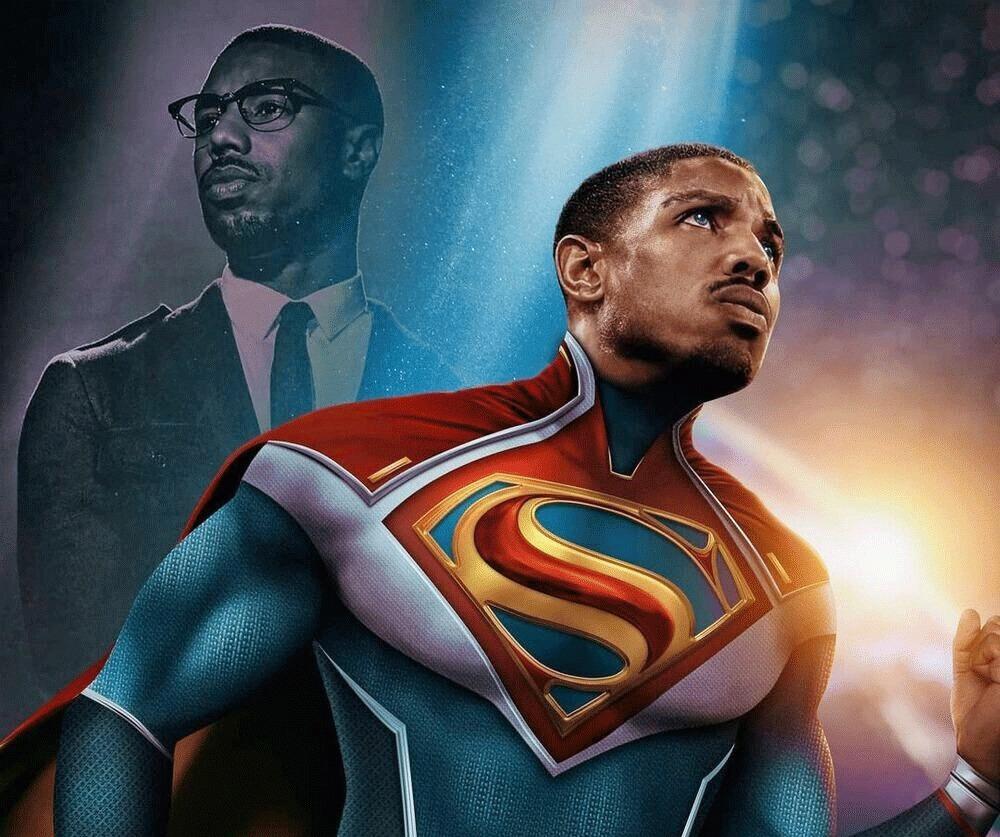
However, the project’s momentum stalled when David Zaslav took the helm of Warner Bros. Discovery in April 2022. Following the high-profile merger of Warner Bros. and Discovery, Zaslav was tasked with steering the studio out of a turbulent period marked by box office disappointments and a fragmented DC Extended Universe (DCEU). The Wall Street Journal reported that Zaslav, seeking a more cohesive and broadly appealing DC slate, dismissed Coates’ script as “too woke.” The term, often weaponized in cultural debates, was reportedly used to critique the film’s focus on racial themes and its civil rights-era setting. Insiders noted that Zaslav believed the project didn’t align with his vision for a revitalized DC brand, one that prioritized mass-market appeal over niche storytelling.
The decision to cancel the Black Superman movie wasn’t just a creative pivot; it was a reflection of broader shifts in Warner Bros.’ strategy. Zaslav’s tenure has been defined by bold, sometimes controversial moves, from shelving the completed Batgirl film for tax benefits to restructuring DC Studios under new leadership. In 2022, he appointed James Gunn and Peter Safran as co-CEOs of DC Studios, tasking them with crafting a unified DCU that could rival Marvel’s cinematic juggernaut. Gunn, known for Guardians of the Galaxy and The Suicide Squad, brought a fresh perspective, emphasizing a hopeful, accessible tone for DC’s flagship characters.
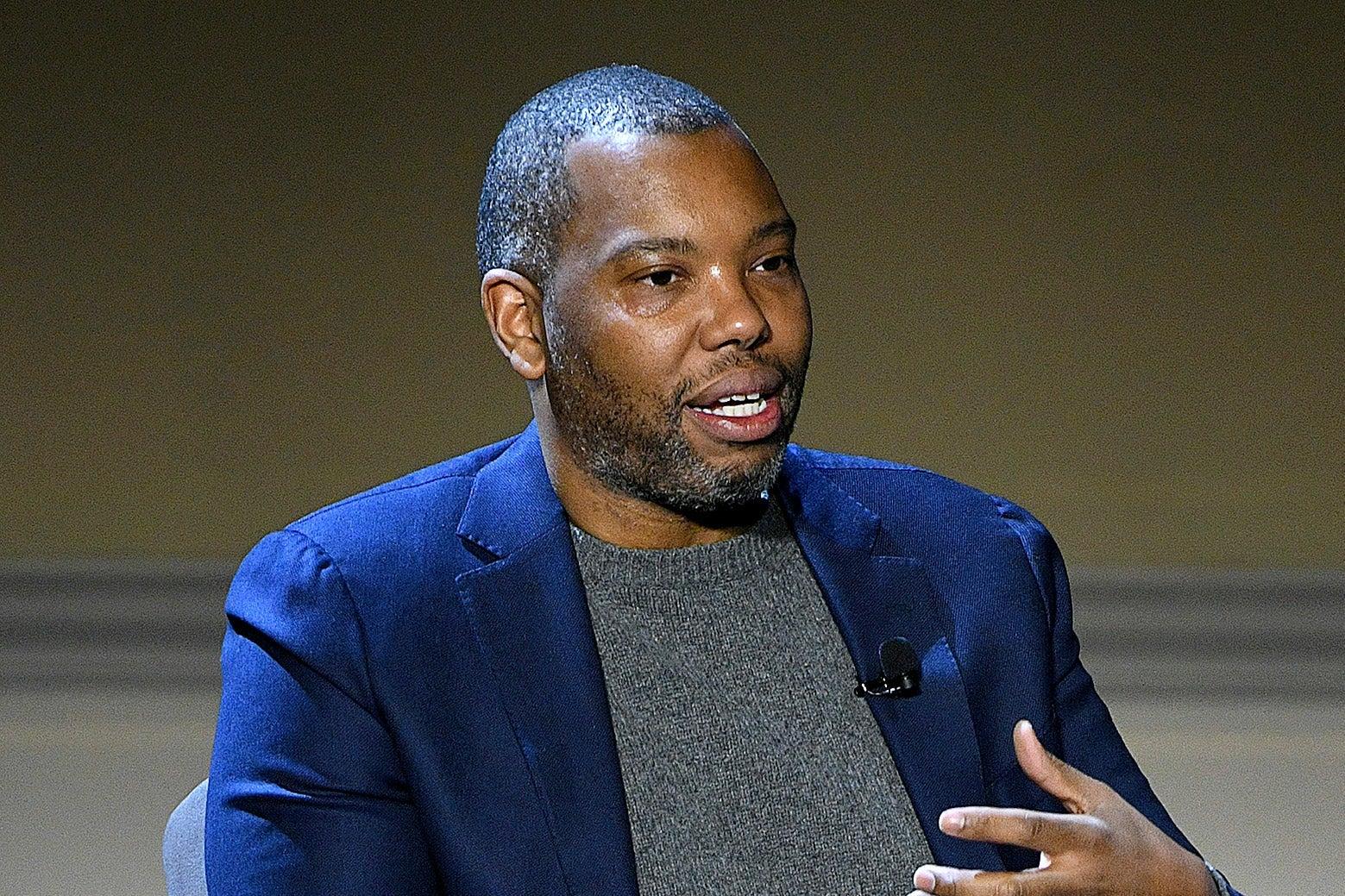
While Zaslav’s decision to axe the Black Superman project drew criticism, it wasn’t the end of the story. James Gunn has hinted at a potential revival, suggesting the film could find a home under DC’s Elseworlds banner, which houses standalone stories like Joker and The Batman. In May 2023, Gunn told io9, “That’s an exciting movie. I know that Chantal Nong, who is the executive on that project, is extremely excited about it.” He emphasized that Coates’ script could “absolutely happen” if the timing and quality align, positioning it as a non-DCU project that wouldn’t interfere with the mainline Superman narrative starring David Corenswet.
The cancellation sparked a firestorm of reactions on social media, with fans and critics weighing in on Zaslav’s rationale. Posts on X captured the polarized sentiment, with some praising Zaslav for prioritizing broad appeal, while others decried the move as a step backward for representation. One user, @ComplexPop, noted, “The story was set during the civil rights era,” highlighting the project’s ambition to tackle weighty themes. Another, @PoppedNews, simply relayed the news with a stark headline: “David Zaslav killed Ta-Nehisi Coates’ Black Superman film because it was ‘too woke.’” The debate underscored a larger tension in Hollywood: how to balance bold, socially conscious storytelling with the demands of a global audience.
The Black Superman project wasn’t the only casualty of Warner Bros.’ restructuring. A separate HBO Max series centered on Val-Zod, developed by Michael B. Jordan’s Outlier Society, was also quietly shelved. Both projects, announced before the Warner-Discovery merger, fell victim to the studio’s shift toward a streamlined DCU. Yet, the success of Gunn’s Superman, which opened to strong box office numbers and an 82% “Certified Fresh” score on Rotten Tomatoes in July 2025, has renewed hope for riskier projects. The film’s $120-$135 million domestic opening weekend, one of DC’s strongest ever, has given Gunn and Safran creative leverage to explore Elseworlds stories, potentially including Coates’ vision.
So, what does the future hold for the Black Superman movie? While Zaslav’s “too woke” critique has left the project in limbo, the door remains ajar. The script, reportedly still owned by Warner Bros., sits on a shelf, waiting for the right moment. Gunn’s openness to an Elseworlds revival suggests that a compelling story could overcome corporate hesitations. The challenge lies in navigating a cultural landscape where terms like “woke” spark instant division, often overshadowing the art itself. For Coates, the project was about more than politics; it was about giving Superman a new voice, one that could resonate with audiences seeking hope in a fractured world.
The Black Superman movie’s journey reflects the broader struggles of superhero cinema in an era of rapid change. As DC Studios builds toward a new Justice League and expands its roster with projects like Supergirl and Green Lantern, the question remains: can a film as ambitious as Coates’ vision find its place? The answer may hinge on the continued success of the DCU and the willingness of studio executives to embrace stories that push boundaries. For now, fans can only speculate about what might have been—a Superman who soared not just above Metropolis but through the complexities of America’s past, challenging us to see the Man of Steel in a new light.
